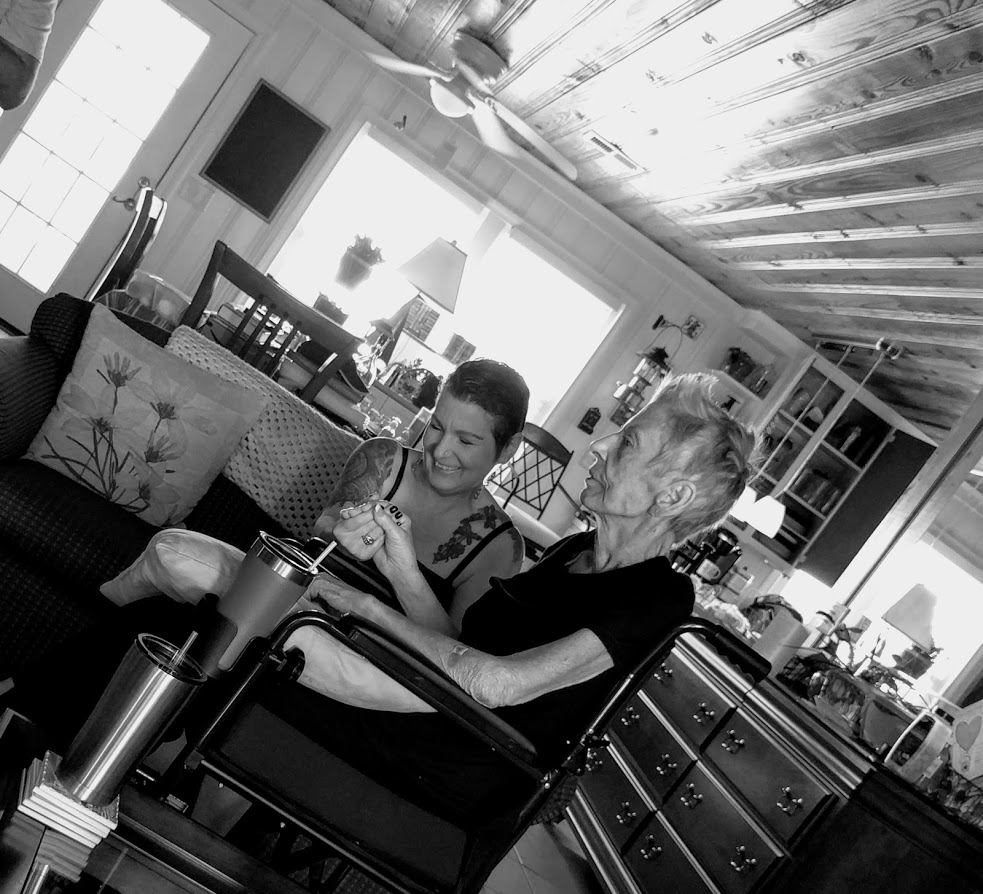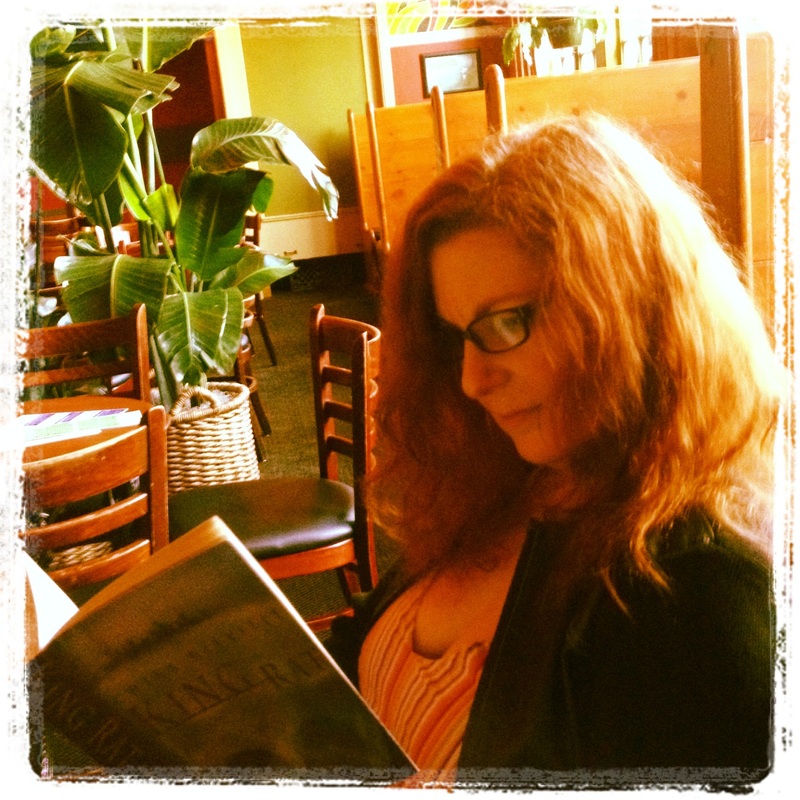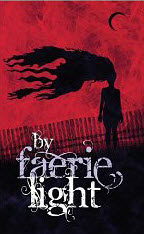“I want it cut,” she insisted, and her boyfriend and caregiver Richard brought me a pair of clippers and hovered. Finally, I shooed everyone else out of the house for errands and filled a bowl with warm water. “Let’s try this first,” I said.
Draped in a bath towel that swallowed her thin shoulders, my mother dabbed her face as I wet her hair with a damp washcloth. She sent me back to get different shampoo from her bathroom; my first pick, Touch of Silver, was “for old ladies” and she didn’t want it. I worked the shampoo into her hair with my fingertips. Wet, her hair was more sparse than I’d realized. Her skull against my fingers felt so fragile, so vulnerable. I had a memory of washing my children’s hair when they were brand new to the world, eggshell skulls heavy with significance and fragile as spun glass. I cupped my mother’s head in my hands, at the end of her life, as I had my children’s at the beginning of theirs, with painful care and desperate tenderness.
When we were finished and shampoo, bowl, and towels cleared away, I styled her hair with the product I used on my own newly short cut. “Smells nice, doesn’t it?” I asked. I smoothed and combed and patted until her hair was carefully controlled, the way she’s always liked it. Mom had me push her wheelchair to a mirror and show her how I did it, and I brought her a hand mirror so she could see the back. “So, just wet it and comb it in the mornings, right?” she asked. “That should do it,” I told her. “You probably won’t even need to wash it that often; this stuff doesn’t make my hair sticky.” I wondered who would wash her hair for her next time.
We sat for the rest of the afternoon, her in the wheelchair and me on the couch next to her, holding hands and talking, each telling the other she was loved. “Have we done everything you needed to do while I’m here?” I asked, and she went through the list, still very much the woman who’d always needed to be in control of every aspect of her life.
After a while, she started to fade. By the time Richard got back, she was ready to go to bed. I sat on the side of her bed, holding her hand, as bit by bit she fell asleep. I remembered this, as well, staying warm and still and present holding a child’s hand as sleep stilled the last restlessness, waiting past the first steady breaths and waiting longer, standing up by increments, carefully letting go the sleeping hand. I stayed with my mother as I once did with my children, stroking her arm, trying to ease her gently into sleep.
We had a few more days together, but by the last one she didn’t have the strength to get out of bed. I sat on the bed with her until it was time to leave for the airport. “I can’t say good-bye,” I said, mostly succeeding in not crying. “I’ll get some more time off work and come back in a couple of weeks.” “Okay,” she said, “that would be fine. I love you.” “I love you, too.”
That was Friday. By the next Friday, she was dead.
















 RSS Feed
RSS Feed
